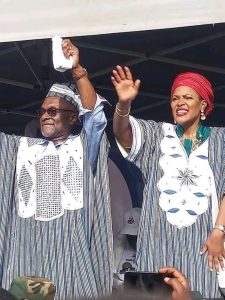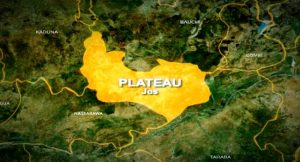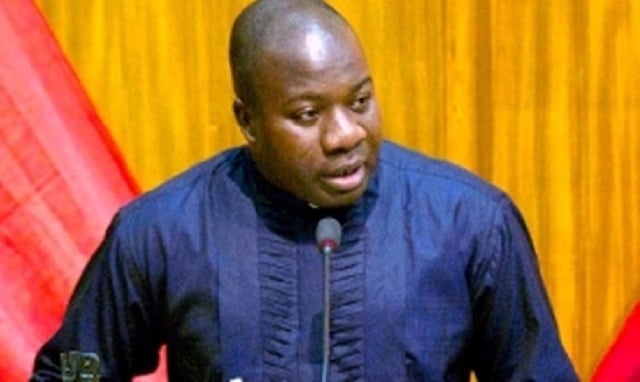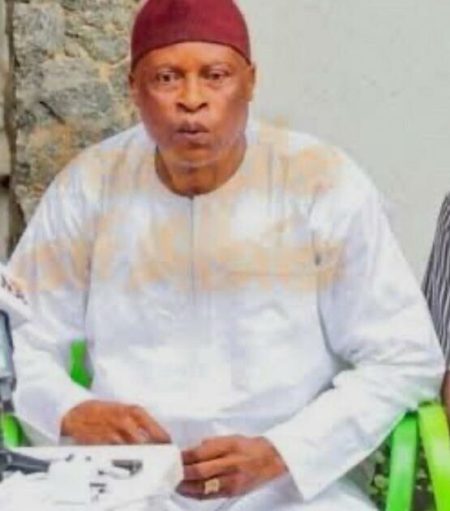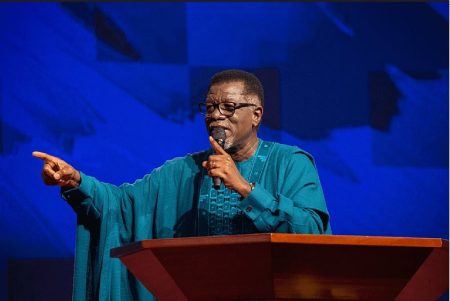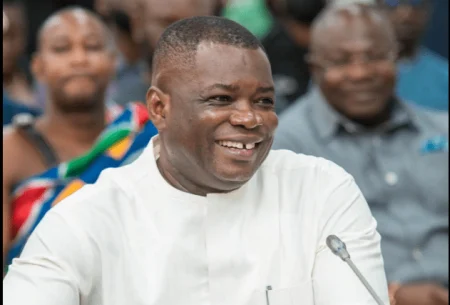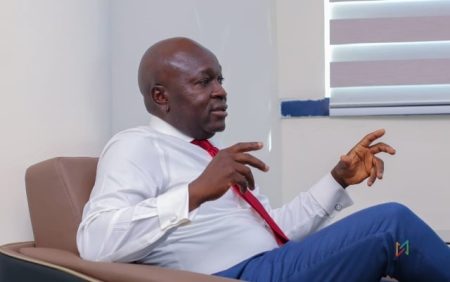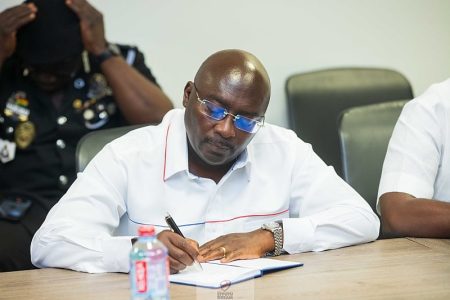The ongoing political dynamics within the Ghanaian Parliament have taken a poignant turn, particularly highlighted by the recent remarks from Mahama Ayariga, the Member of Parliament for Bawku Central. Ayariga, representing the National Democratic Congress (NDC), has declared that the NDC MPs stand fully prepared to return to parliamentary proceedings upon a recall from Speaker Alban Bagbin. This declaration comes on the heels of an indefinite adjournment of Parliament on October 22, triggered by heated disputes between the NDC and the ruling New Patriotic Party (NPP) over which faction holds a majority in the legislative body. Ayariga’s statements signify a commitment on behalf of the NDC to maintain their legislative duties, reflecting their overarching objective to ensure the governance process in Ghana remains uninterrupted despite prevailing partisan tensions.
In the wake of the adjournment, which is marked by significant discord regarding the composition of the parliamentary majority, Ayariga asserted that NDC parliamentarians were keen on resuming their roles in response to the Speaker’s directives. There is a firm understanding among the NDC MPs about the importance of continuity in governance despite the current political standstill. Their readiness to act swiftly once recalled by the Speaker illustrates a sense of duty and resilience against the backdrop of ongoing political friction. Ayariga’s emphasis on the NDC’s dedication seeks to assure the public that legislative responsibilities will prevail over partisan disputes, reiterating a commitment to serve the nation effectively.
Ayariga’s remarks also pointed out a perceived lack of seriousness on the part of the NPP concerning parliamentary responsibilities. He indicated that during the last parliamentary session, fewer than 30 NPP members were present, painting a picture of underrepresentation from the ruling party. According to Ayariga, this absence undermines the parliamentary process, suggesting that the NPP may be prioritizing political campaigns within their constituencies over their obligations in Parliament. This critique of the NPP highlights a broader concern about engagement and accountability in legislative practices, raising questions about their commitment to the essential functions of governance and policy-making.
Moreover, Ayariga has implicated the NPP’s conduct during the parliamentary sessions—particularly the actions of specific leaders such as Alexander Afenyo-Markin, the former Majority Leader. He insinuated that Afenyo-Markin may have orchestrated disruptions within parliamentary proceedings as part of a strategy to preserve his influence and position within the House. This claim underscores a narrative of tactical maneuvering and political strategy that transcends mere parliamentary disagreements, suggesting a deeper struggle for power and control within the legislative framework. As such, these accusations reflect underlying sentiments about the nature of political contestation in the current climate among Ghana’s politicians.
Despite these political skirmishes, Ayariga reassured the public that the NDC MPs are steadfast in their commitment to parliamentary processes, demonstrating their willingness to prioritize legislative duties over political discord. He reiterated that whenever Speaker Bagbin calls the members back, the NDC will respond promptly. Ayariga’s insistence that the NDC will abide by the Speaker’s determinations about their status in Parliament further portrays a sense of orderliness amidst chaos. His statements serve as a pledge not only to the Speaker but also to the citizens of Ghana, reaffirming the essential nature of parliamentary service in ongoing governance.
In a broader context, Ayariga’s declaration encapsulates the delicate balance of power and responsibility within Ghana’s political landscape. The willingness of the NDC to return to legislative functions signals a commitment to institutional integrity, even in the face of apparent political turmoil. The tension between the NDC and NPP pivoting around majority claims emphasizes the importance of unity and collaboration in governance, highlighting that parliamentary functions must transcend partisan conflicts for the collective benefit of the country. As political tensions escalate, the focus must remain on the effective operation of governance structures, which, as shown by Ayariga’s statements, hinges significantly on the active participation of all legislators, regardless of party affiliation.


